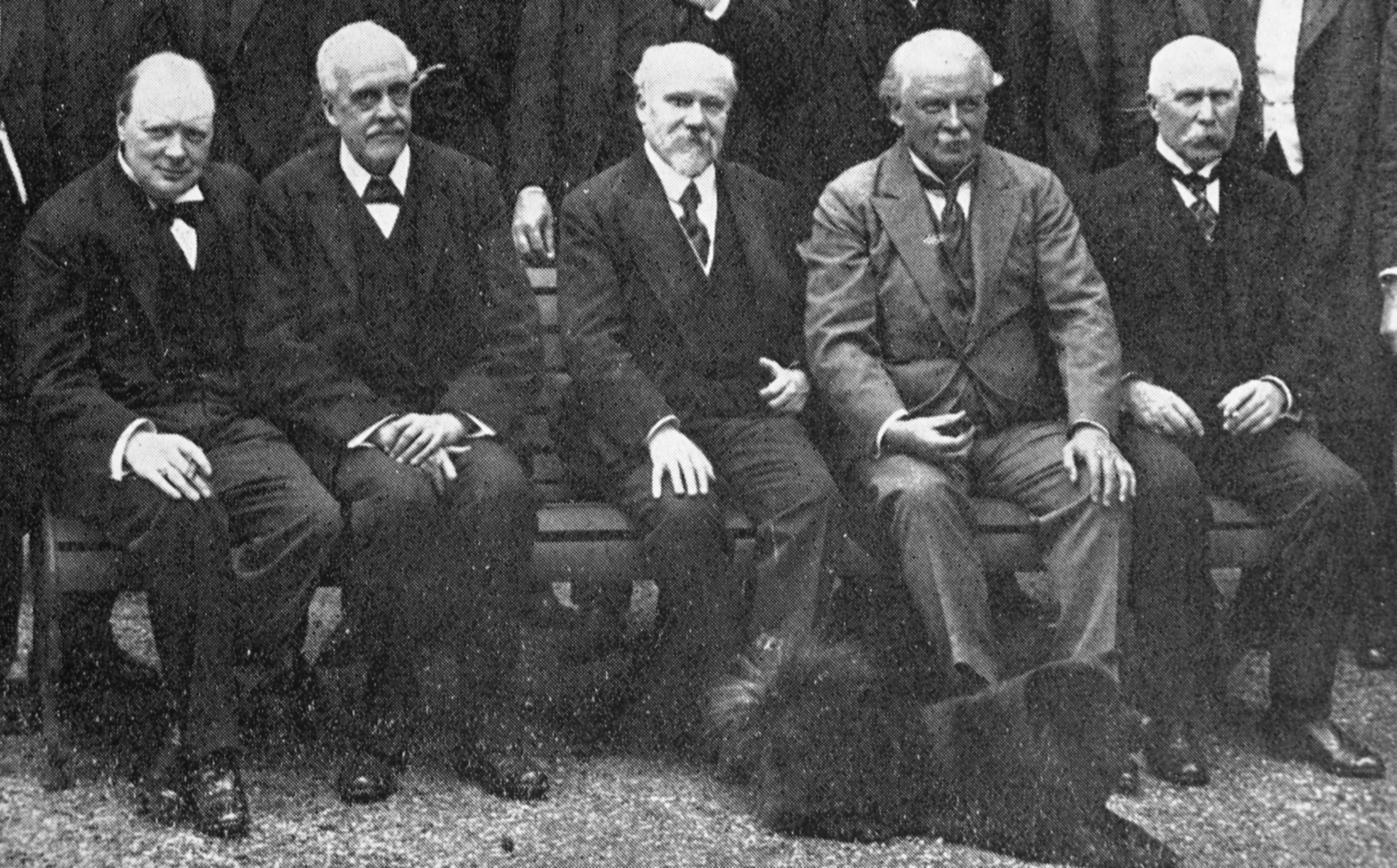
London, June 19: The exchange of views between Mr Lloyd George and M Poincare was of the most friendly character. The first subject discussed was reparations in view of the failure of the international loan. The British view was that this was a bad moment to establish definitely the amount of the German liability, because things were so low and so uncertain that any decision might provoke a controversy later, especially as Germany’s progress was dependent on the recovery of her foreign trade.
It was also decided that an Anglo-French Commission should inquire into the allegations that the Greeks were being marched into the interior of Anatolia to perish by the way, and the accusations and counter-accusations that the Turks and Greekswere being massacred in the war areas.
Otago projects advocated
Tourism issues were prominent among the subjects discussed at a pre-sessional conference between the local members of Parliament and the Otago Expansion League in the Savoy Lounge last night. Mr W.B. Steel said that what the League wanted the Otago members to do was to see that when money was being allocated for tourist purposes, they should urge upon the Government that the southern resorts should get a fair proportion of it. The Minister had told the speaker that he was tied up with calls for expenditure at Rotorua, and had nothing to spend elsewhere. They also asked the Otago members to urge the opening up of the traffic to Hawea and Wanaka, two of the "show" lakes of Otago, so that this trip might be more largely availed of than it was at the present time. He had made a special request that the old "through" railway ticket should be reinstated, enabling the tourist to travel by rail to Cromwell and then on by coach, making the return by rail from the Waimea. The Tourist Department was willing to resume the issue of these tickets, but the Railway Department, which apparently did not recognise the importance of the tourist traffic, was blocking the proposal. They also asked that a subsidy should be found by the Government for the placing of a larger launch on Lake Wanaka. The present vessel was most unsuitable, and was practically a menace to those who travelled by it.
Raising money for the blind
Perhaps of all the afflictions to which human flesh is heir, blindness is the saddest. Blind himself for the latter part of his life, Sir Arthur Pearson set himself the task of helping those who were afflicted like himself, and by the methods he adopted has been the means of raising hundreds of people from the depths of despair to being happy and useful members of the community. An effort is being made, as a memorial of Sir Arthur Pearson, to extend his system to New Zealand, and the Jubilee Institute for the Blind in Auckland is the medium through which it will operate. There are some 550 civilian blind in the dominion, and a large sum of money will be required to provide the necessary aid to these and others similarly afflicted. Following upon the street collection recently taken up in Dunedin, a personal canvass of the city is now in process. A moment’s thought concerning what it means to be bereft of sight should make such an appeal irresistible. We believe that the citizens will respond, as they have always done, to such a worthy project.
— ODT, 21.6.1922












